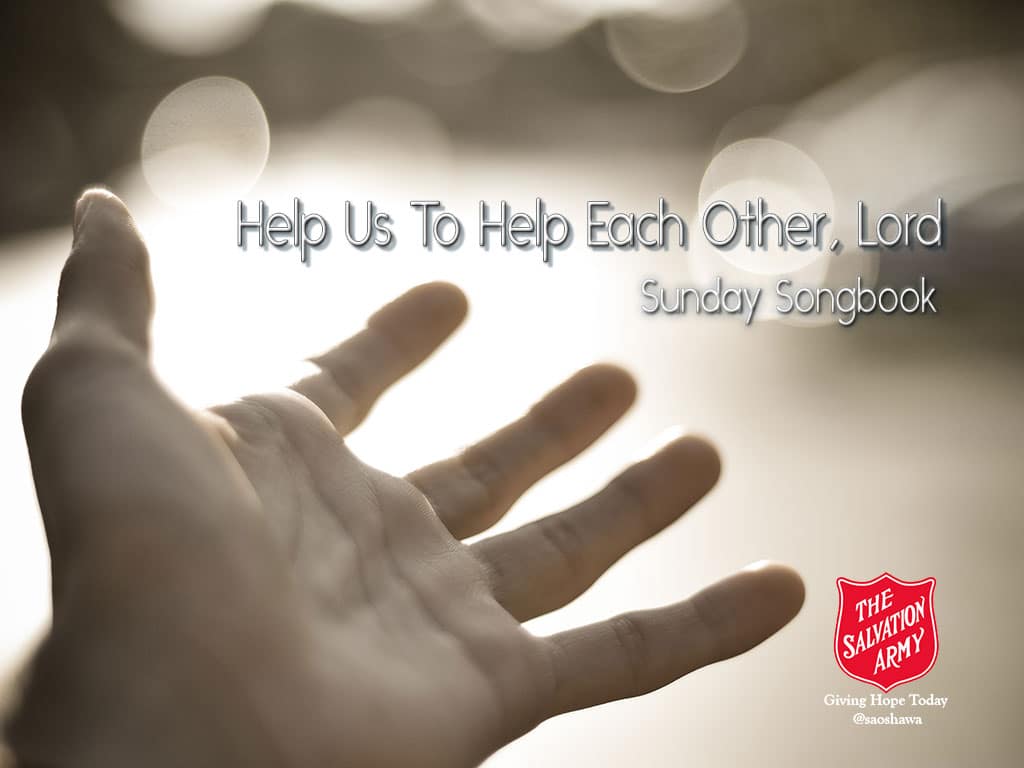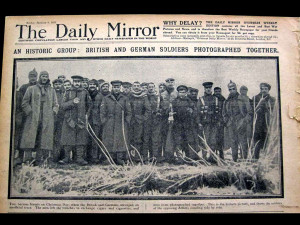Help us to help each other, Lord –
Each other’s cross to bear;
Let each his friendly aid afford
And feel his brother’s care.
Help us to build each other up –
Our little stock improve;
Increase our faith, confirm our hope
And perfect us in love.
Up into Thee, our living Head,
Let us in all things grow,
Till Thou hast made us free indeed
And spotless here below.
Here’s a prayer for what should always be happening in our churches and communities – the encouraging and supporting of each other, which enables the spiritual growth of all. Much information has been given on this website regarding the author of this song, the prolific hymn writer, Charles Wesley. For now, attention will be given to the composer of one of the tunes associated with it: Commissioner Ernest Fewster.
Here's a prayer for what should always be happening in our churches and communities Share on XErnest Fewster was born in Glasgow, Scotland, and entered the Salvation Army’s International Training College in London in 1924. After two years he was commissioned to corps work in Britain. This was followed by work with youth and then as a Divisional Commander in both Scotland and England. In 1932, Ernest married his wife, Lilian, and they had three daughters.
In 1957 Ernest was sent to Newfoundland, Canada, as Provincial Commander – a post he held until 1961. Following this, the Fewsters served in Rhodesia-Zimbabwe during a difficult period, as Rhodesia was declaring its independence from Great Britain. Returning to Britain, the Fewsters served once again in this their home territory. Commissioner Ernest Fewster died in 1973, while still on active service. Mrs. Lilian Fewster soon moved to Vancouver, Canada, to be near at least one of her daughters, and there she remained until her Promotion to Glory in 2011.
The tune, Fewster, is often used for the above song, as well as for Catherine Baird’s When Jesus Looked o’er Galilee .
The tune, Fewster, is often used for the song. Share on XWORDS: CHARLES WESLEY; MUSIC: ERNEST FEWSTER
S.A. SONG BOOK, 1987 EDITION, #662; 2015 EDITION, #815
REFERENCES: MOYLES, R. GORDON, THE SALVATION ARMY IN NEWFOUNDLAND
MURDOCH, NORMAN H., CHRISTIAN WARFARE IN RHODESIA-ZIMBABWE






